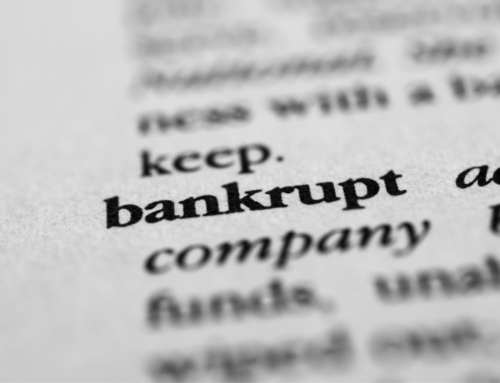Insolvency is a state of financial distress in which a business is unable to pay its debts to creditors when they are due.
Signs your company may be in financial distress:
- Overdue tax debts
- Poor cashflow
- Ongoing losses (unable to pay day-to-day costs or debts)
- Issues obtaining finance
- Unpaid creditors
- Liabilities are greater than your assets
If your company is in financial distress or insolvent, it is essential to get professional legal and financial advice as soon as possible to understand your options. An experienced insolvency lawyer at Whyte Just & Moore will review your company and advise you of your available options.
Voluntary administration
Suppose a business is potentially in a state of insolvency. In that case, the company’s directors usually appoint an independent voluntary administrator to investigate the business’s options, allowing for some returns to creditors while trying to salvage the business. After assessing the business‘ viability, the independent administrator decides whether the company should enter into a Deed of Company Arrangement, liquidate or resume trading once creditors are satisfied.
Receivership
If a business enters into receivership in Victoria, a court-appointed receiver or secured creditor takes control of an insolvent company collecting and selling enough of its assets to repay the debt owed to the secured creditor. Under receivership, the main focus is to repay the secured creditor, with an obligation to take “reasonable care” to sell assets for the “best price reasonably obtainable” to fulfil any debts owed to the unsecured creditors.
Liquidation
Unlike receivership or voluntary administration, liquidation ceases the company’s trading resulting in closing the company. Liquidation often occurs when a company can not pay its debts or if members want to end operations. Generally, a liquidation process involves winding up a company’s financial affairs, selling off assets, paying creditors, and investigating what went wrong. There are three types of liquidation: creditors voluntary liquidation, members voluntary liquidation or compulsory liquidation.
Creditors voluntary liquidation – this option is available to insolvent companies that liquidate their assets and close the company paying creditors where possible.
Members’ voluntary liquidation – this option is used for solvent companies when members do not want to retain the current structure or dissolve the company.
Compulsory liquidation – is when creditors issue a wind-up petition to the court, which, if successful, forces the company to close.
Seek legal advice from trusted lawyers in Geelong
If your company is in financial distress, reach out to Whyte Just & Moore’s Insolvency team to review your options. Liquidation is always the last option when facing financial trouble; moreover, there are many options to turn the business around if discussed early with experienced insolvency lawyers.
Contact Whyte Just & Moore on 03 5222 2077 or email info@wjmlawyers.com.au for your free no-obligation initial insolvency consultation with Geelong’s best lawyers. Servicing Geelong, Bellarine Peninsula, and the Surf Coast regions for over 140 years with expert legal advice, Whyte Just & Moore are the best local lawyers for insolvency cases.






